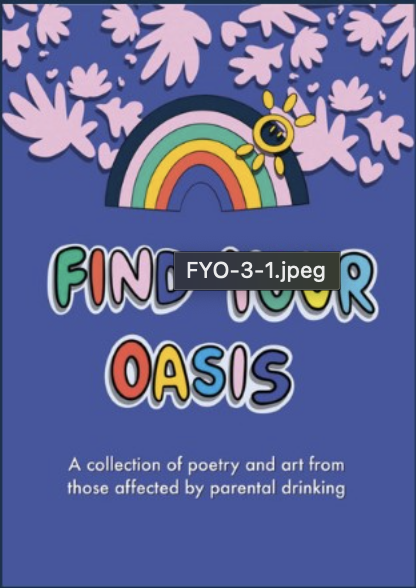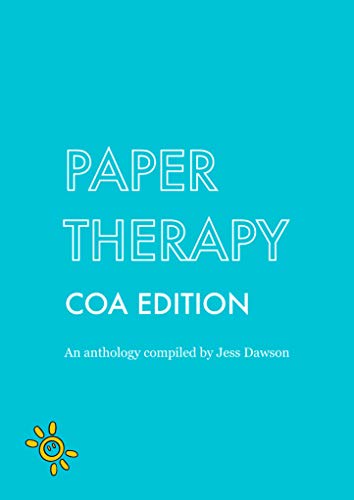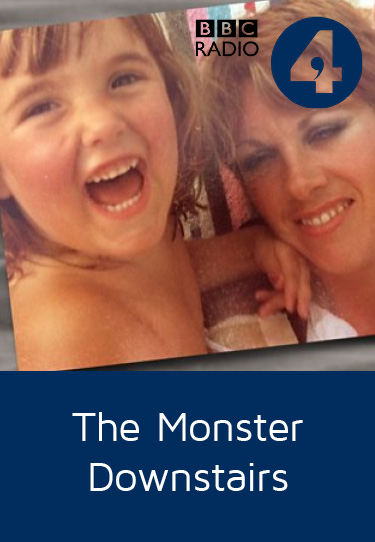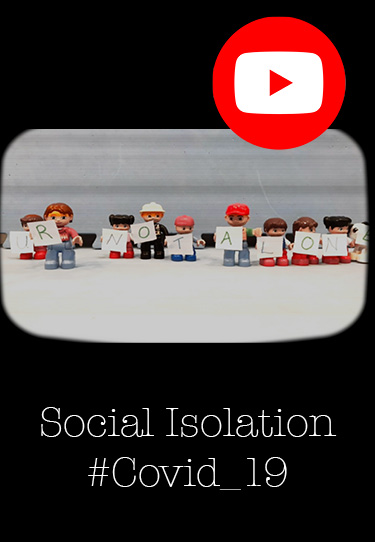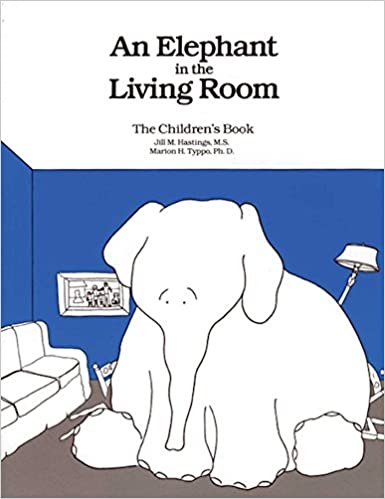Help and advice for young people whose parents drink too much
Do you…
- Feel too embarrassed to take friends home?
- Keep secrets about problems affecting your family?
- Tell lies to cover up for someone’s drinking?
- Feel guilty and don’t know why? Feel different from other people?
- Feel confused when your mum or dad change when they drink?
- Feel nobody really cares what happens to you?
- Think no one could understand how you feel?
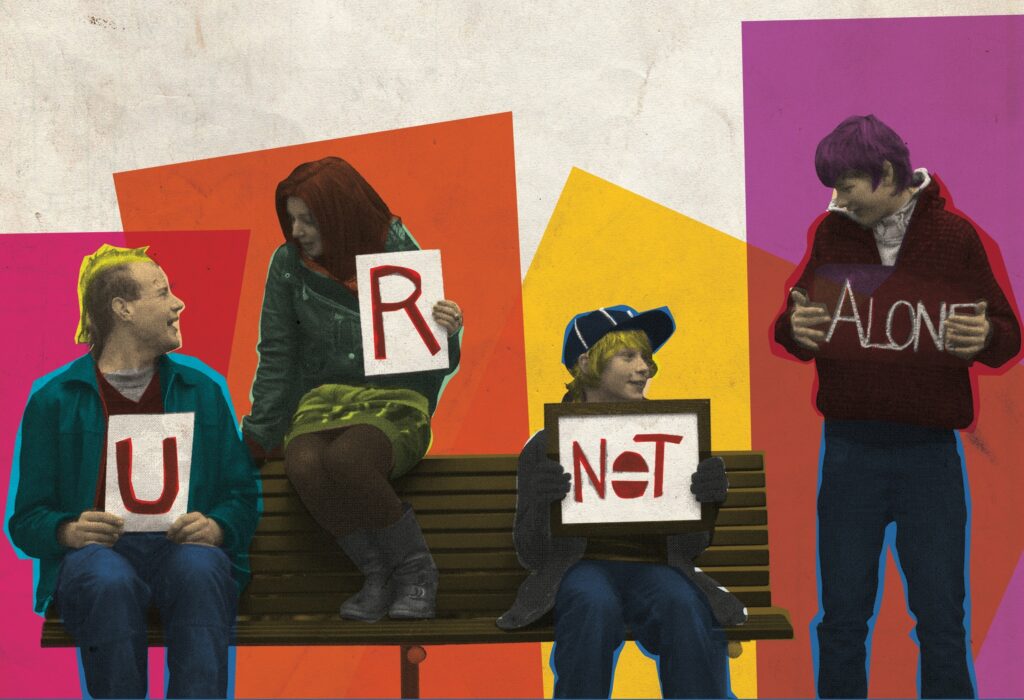
You are not alone. Many families keep alcohol problems a secret, so sometimes it can feel like you are the only one. 1 in 5 children in the UK live with a parent who drinks too much. This means other people you know at school, clubs etc. may have similar problems.
If your parent, step-parent, grandparent, carer, or anyone else important to you drinks too much, it can affect you, even if you are not living in the same house.
What you can do
Find out more about alcohol and the effects on the family
When someone has a drink problem, alcohol often becomes their main priority. The need to drink becomes so important that they may hurt and upset people they love. Promises are often broken, and young people may feel let down or forgotten.
Understanding how alcohol affects the person drinking and others around them can help you make sense of the situation. Look at Information, Books and videos or Frequently asked questions.
Know you are not responsible for other people’s drinking
When someone has an alcohol problem, they have often lost control over their drinking and need help to stop. You can’t control someone else’s drinking or behaviour. Pouring away, watering down or hiding alcohol may make things worse, and the person drinking may become angry, aggressive or secretive. Your mum or dad’s drinking is not your fault.
Try to remember the six Cs
I didn’t cause it
I can’t cure it
I can’t control it
I can take care of myself
I can communicate my feelings
I can make healthy choices
Remember alcohol affects the brain
Drinking too much alcohol can cause memory blackouts. People often don’t remember silly, embarrassing or other things they have done when drunk. Try not to argue with your parent when they are drinking; it may make things worse; they may say things they usually wouldn’t and will often not remember the conversation later.
Be realistic
Your mum or dad can only stop drinking when they are ready. There is help, but they have to accept that they have a problem and want to stop. However, it can be comforting to know about Help for People with Alcohol Problems. For ideas on how to raise the issue, see Talking to Someone About Their Drinking.
Remember, it is not your responsibility to stop your parent drinking. It is important to look after yourself.
Ways to feel better
- Talk to someone you trust. Talk to a friend, relative, teacher, or Nacoa. Talking about how you feel is not being disloyal to your family and can help you feel less alone. At Nacoa, we understand what it can be like when a parent has an alcohol problem. We won’t judge and we are here to help.
- Make time for yourself. You are important too. Find time for things you enjoy, whether it’s sport or hobbies, going for a walk, reading a book, watching TV or gaming, hanging out with a pet, or meeting up with friends. Perhaps join an after-school, youth or sports club, or Scout or Girl Guide group. Sometimes worries can take over, and taking a break can help.
- Understand that your feelings are normal. It’s OK to hate the problems drinking can cause, yet love the person who is drinking. Addiction problems in the family can result in a lot of confusing and upsetting feelings. Talking and writing about your feelings can help. Some people like to keep a journal, write poems, or draw and paint. Sometimes, people find it helpful to write a letter to their parent(s) explaining how they feel even if they have no intention of ever sending it. For more ideas, see On My Mind’s self-care strategies.
- Read people’s experiences. Seeing what it’s like for other young people who have a mum or dad that drinks too much can help you make sense of your experience and help you feel less alone.
- Meet others with the same problem. You can talk online with others in similar situations on the Nacoa message boards or see other sources of support below.
Staying safe
When people drink, they can act differently and hurt themselves and people around them. Call Nacoa and we can help you make a plan just in case you get scared.
- Think about where you feel safe. Some people feel safe in their bedroom, or with siblings or people they trust, like a friend, grandparent or neighbour.
- Make lists of places you feel safe and people you trust (including their telephone numbers or make sure they’re saved in your phone) so you have everything you need to keep safe and separate from the problems at home.
- If you are frightened, contact Nacoa and we can help you find a safe place, or phone ChildLine on 0800 1111. The Police and Ambulance Service are also here to help and want you to be safe – call 999.
At Nacoa, we understand what it’s like when a parent drinks too much. Our helpline is free and confidential. You can talk on the phone or send us a message. Even if you have other people – like Social Workers – in your life you can continue to contact Nacoa.
Coping with death of a parent
Sadly, sometimes when people have alcohol problems, it can lead to them dying. This is scary for everyone and can bring up lots of difficult feelings. If this has happened to you, you may also find it helpful to talk to someone like Nacoa and read our Coping with the Death of a Parent information sheet.
Support for young people with parents who drink too much
At Nacoa, we are always happy to research sources of support in your local area or other national organisations that may be helpful.
In some places, there are Alateen meetings for young people aged 12-17 affected by a family member’s drinking, or you can go along to an Al-Anon Family Groups meeting; however, this is likely to be mainly adults.
If you provide emotional, physical or practical support for your family because of substance misuse, find a young carers’ project near you.
Some people find professional counselling helpful to work through the effects of growing up with addiction. Talk to your doctor who may be able to refer you. There is also likely to be a counsellor at your school or college. Or contact Nacoa and we can research organisations that offer counselling for young people in your area.
Other national organisations offering support to young people:
Helpline: 0800 1111
24-hour helpline and website providing support for young people around a range of issues.
Helpline: 0808 808 4994
Free, confidential information and support for young people under 25 about any challenge you are facing. Talk to them via online, social or helpline.











